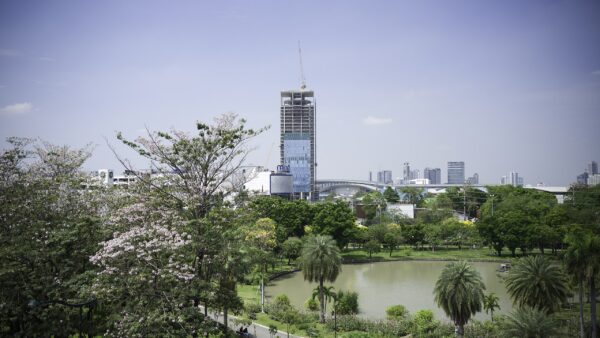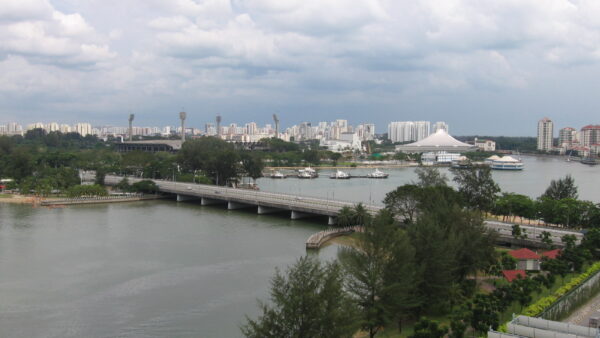A new law came into force in Japan today capping workers’ overtime in a bid to curb a culture of overwork that has been blamed for suicides and illness.Â
But sectors suffering severe labour shortages, including construction, are exempt for five years.Â
The legislation follows the death in 2017 of a young worker on Tokyo’s Olympic stadium who killed himself after he logged more than 200 hours of overtime in the month before he died. His parents asked the government to recognise the suicide as “karoshi”, the Japanese term for death by overwork.Â
The cap, which applies only to large companies initially, limits overtime work to 45 hours a month and 360 hours a year in principle, reports Kyodo news agency.
The monthly cap can be stretched in busy periods for up to six months a year, but an ultimate overtime cap of 100 hours a month and 720 hours a year is set.
Companies that break the law face a fine of around $2,700.Â
A five year exemption has been granted to construction workers, taxi and truck drivers, as well as doctors.
Skilled professionals with high wages such as consultants and financial traders will also be exempted, said Kyodo.
In 2017, Japan had 190 deaths from overwork, including suicides, according to government data.
To address its ageing, shrinking workforce in construction and other sectors, Japan has been loosening its strict immigration controls to attract foreign workers (see Further reading).
Image: Construction at Fuchu station, Tokyo (Nesnad/CC BY-SA 4.0)
Further reading:










